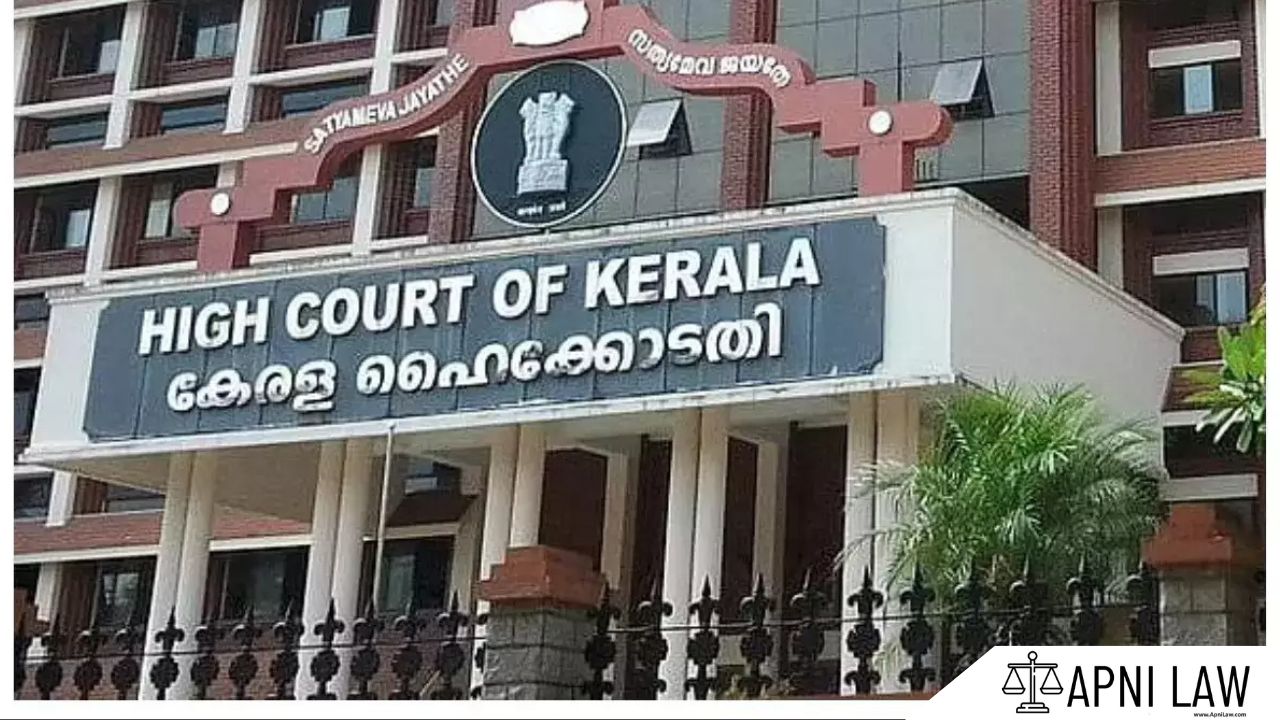The Madras High Court has ruled that only a senior citizen who has transferred property with a specific condition for maintenance can seek cancellation of property under Section 23(1) of the Maintenance and Welfare of Parents and Senior Citizens Act, 2007. Justice Anand Venkatesh quashed the Sub-Collector’s order that cancelled a settlement deed made by a father, based on a petition by the mother. The court held that only the transferor, not a third party like the mother, can file such an application. The judge clarified that love and affection is not valid consideration for a settlement deed, it may be a motive, but not a legal condition. The court stressed that the condition to maintain the senior citizen must be express, not implied. In this case, the father had not included any revocation clause in the deed. Therefore, the cancellation based on the mother’s complaint was invalid.
The court also disagreed with an earlier division bench ruling that implied love and affection as a condition, stating it went against the Act’s purpose. The court allowed the petition and ordered correction of the encumbrance certificate. This judgment reinforces that only explicit conditions in property transfers are legally enforceable under the Act.








